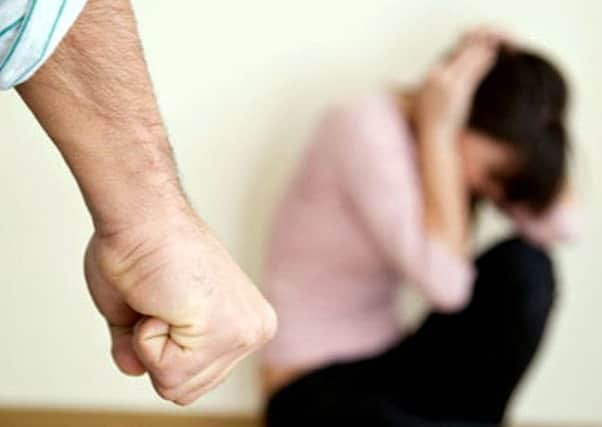Inside Justice: Some women still suffering abuse for decade


Over 130,000 people in Scotland will experience domestic abuse this year. Of these, over 9,000 are at high risk of being murdered or seriously harmed. Between them they are likely to have over 12,000 children. Some of those children will have lived with abuse their entire lives, because victims and survivors are struggling to access the help they need as soon as they need it.
SafeLives welcomes the recent announcement by Nicola Sturgeon that legislation in Scotland will be brought up to date to criminalise serious psychological abuse as well as physical injury. Domestic abuse isn’t a single incident or even a series of incidents.
Advertisement
Hide AdAdvertisement
Hide AdIt is a pernicious part of someone’s whole life from the day it begins until well after it ends. Better recognising in legislation the serious and persistent harm that someone can inflict without leaving bruises or marks is vitally important (and possible, for those saying it isn’t).
However, at SafeLives we believe that agencies outside the criminal justice system also need to play their part. If only one in five victims or survivors of abuse is calling the police, which agencies are they in contact with, and what’s the responsibility of those agencies to identify what’s happening to them and do something about it?
Our Whole Lives research report which we published last week is unique. It brings together data from individual support services, data on the response of statutory and voluntary agencies working in partnership, and the voices of specialist practitioners, the victims and survivors they support. What our research shows is that a victim is almost four times as likely to get a coordinated community response in one part of Scotland than another, and that the average time it takes for someone to be provided with effective help is four years. Some women are living with abuse for decades.
At the event we held to launch the report last week, discussion focused on the inconsistency of provision and outcomes across the country. Participants were clear that awareness of domestic abuse is rising in Scotland, but knowledge of what to do about it isn’t keeping pace. In some instances, we were told, sheriffs even feel that their only option might be to put a woman in prison for her own safety, because of her vulnerability.
Attendees were confident that when it’s well-led and properly resourced, multi-agency working can create significant change. They talked about it being clear when an agency had adopted a single, commonly agreed risk assessment tool (the DASH) because their understanding of who they were helping and what they needed would rise as a result. They talked passionately about how multi-agency working was so important, they would support a statutory duty for bodies such as NHS Health Scotland and child protection teams to play a role in identifying and responding to abuse.
SafeLives is a relative newcomer to working in Scotland. We were really encouraged by the extent of common ground we found between the many organisations represented last week, which echoed the findings of Whole Lives. We hope we can play a part in the conversation as it carries on, so that any victim of abuse, whoever and wherever they are, can be safer sooner.
l Diana Barran is chief executive of domestic abuse charity SafeLives